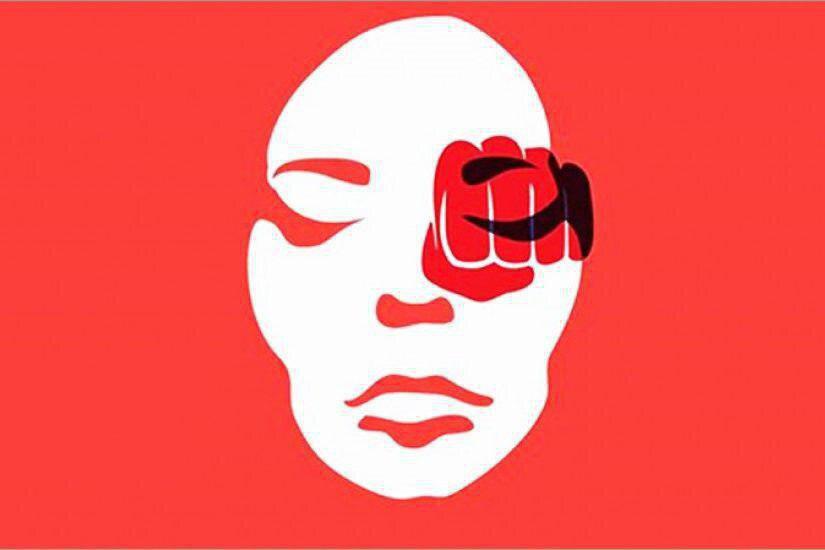There are many things that women still do not know about national laws against domestic violence. When someone is talking about violence against women, most people refer to physical violence, while it has different dimensions and types.
Females across the world have long been exposed to violence for a variety of reasons. For this reason, the United Nations General Assembly has called November 25 the International Day for the Elimination of Violence against Women.
For several years, Iran has also been trying to develop a law prohibiting violence against women. The bill was originally called the “Protection of Women against Violence”, and after about five years, changes were made to the bill and it was finalised as “Dignity and Security of Women against Violence.”
Shima Ghousheh, a lawyer and women’s rights activist, spoke to Khabar Online to answer questions about instances of this social harm, and Iranian laws on protecting women’s rights.
“Types of violance”
What are examples of violence against women?
There are different categories when it comes to violence against women. The first category is physical violence. The second category is sexual violence; ranging from rape to sexual harassment and even sending of pornographic photos and videos to a woman. The third category is psychological violence including humiliation, insult, disrespect, slander, etc. The fourth category is economic violence; that is to take a woman’s property, for example, the money she earned through working, or forfeit the woman’s alimony. A man may not beat his wife, but it is a kind of violence when he neglects his wife.
“Current laws on the matter”
How effective are the current laws on protecting women, and what are their weaknesses?
Current laws do not specifically address the problem; in fact, there is no difference between this type of violence that’s related to female gender, and other forms of violence; the current law has no specific approach. At the moment the law is punishment-based and therefore parts of it are ineffective. If we want to work on it too much, many women may not have the proper living and economic conditions to sue their husbands. If their husband goes to jail, that woman will actually face troubles in her daily life; for this reason, many women refrain from suing their husbands.
For many years there has been much discussions about prohibiting violence against women, and this has made them more aware. At least if they get beaten up, they don’t think it’s a man’s nature and now they know its name is violence.
Both culture and law must grow together. That is to say, if we change the law, the culture will not necessarily change, or vice versa.
For example, one of the instances of violence against women is the circumcision of girls. Removing sexual organs has been considered by the legislator to be punishable, but the law has not referred directly to the circumcision of women, and there are some parts of society that are enforced for various tribal reasons to circumcise women.
The legislator says we cannot prevent this custom. In some cases there is a law, but because it is not implemented, violence against women is still practiced.
However, even having an incomplete law is better than not having a law, and it can be corrected later on.
